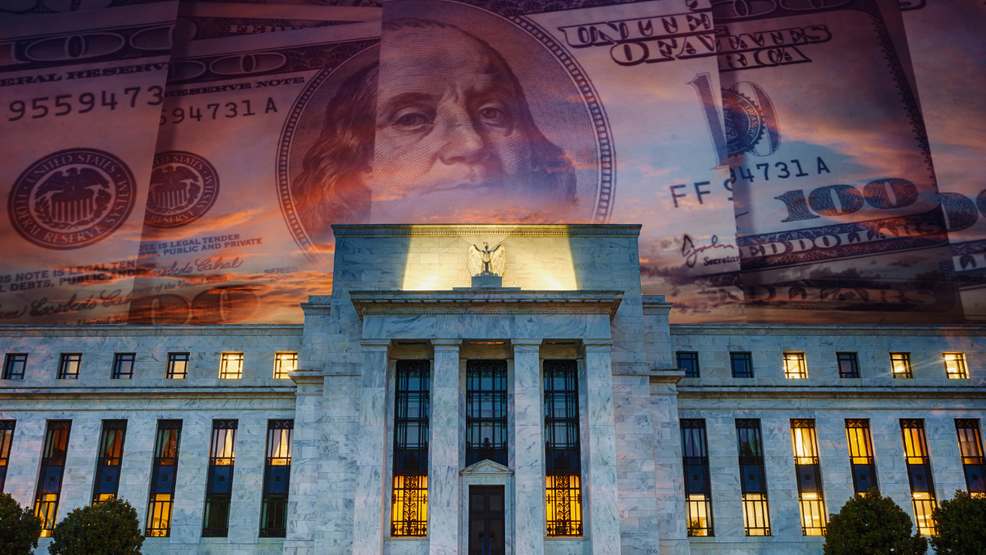
by Nicholas Mitsakos | Economy, Investment Principles, Public Policy, Writing and Podcasts
Interest rates are increasing, and bills are coming due for banks, taxpayers, and bondholders. More worryingly, rising interest costs will squeeze government budgets more than realized. Toss this onto the pile of higher energy costs, rising defense spending, aging populations, slowing growth, and the need to address climate change. As short-term interest rates rise, profits from quantitative easing will disappear (it was over $1 trillion from 2010 to 2021, for the US government).
More broadly, a full accounting of interest rate sensitivity is terrible news for the central banks in Britain, Japan, Europe, and the United States. Higher interest rate costs will impact budgetary flexibility, central-bank profits will be limited or disappear, and costs will be substantial, whether born initially by governments, the banking system, or taxpayers. Eventually, taxpayers will pay.
Government budgets will continue to be squeezed and economic flexibility will be limited or lost. That’s right, I don’t hear any music either.

by Nicholas Mitsakos | Algorithmic Trading, Artificial Intelligence, Financial Technology, Technology, Transformative businesses, Writing and Podcasts
A new vision for artificial intelligence is using smaller more relevant data sets for dynamic learning generating more effective outcomes and better predictions. This model uses cognitive architecture, learns, transfers learning, and retains knowledge – enabling more valuable and compelling artificial intelligence applications. Our approach is more closely related to the brain’s actual structures and much more effective than “neural networks,” which is a catchy name but the similarity to the brain’s actual functioning is in name only. Real advancement in artificial intelligence must live in reality, not theoretical marketing. This video discusses our perspective on the current state of artificial intelligence, the shortcomings of big data and trial and error approaches, and the most effective solution and its prospects. Smaller data sets, more relevant information, dynamic data, and algorithms will lead to more appropriate outcomes, better tools, and more effective applications, especially within Arcadia’s algorithmic trading.
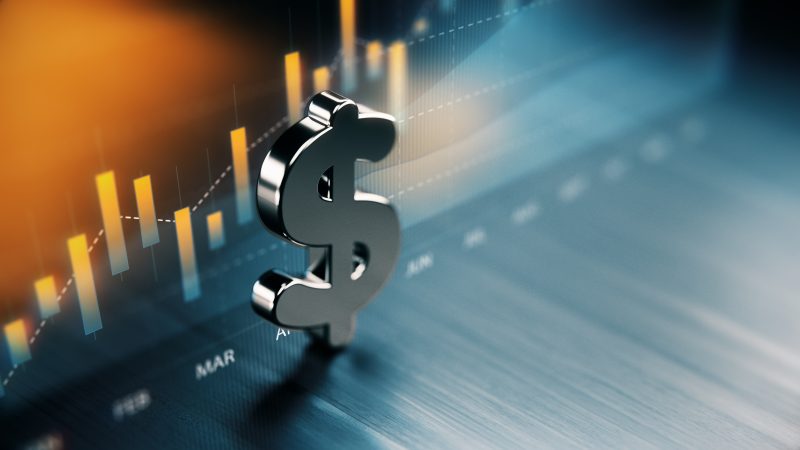
by Nicholas Mitsakos | Economy, Finance, Investment Principles, The Market, Writing and Podcasts
The Fed’s latest projection was for annual inflation to fall from over 5% at the end of 2022 to about 2.5% by the end of 2023. At this point, we’re not taking the Fed’s projections seriously, and for good reason. They were spectacularly wrong when a depth of understanding and insight into critical future events was essential. In other words, the understanding of how the economy works, the Fed’s ability to predict the effects of economic shocks, and its policy actions have gotten no better over the last 50 years. More specifically, price stability doesn’t seem to be coming anytime soon because people simply don’t think it will. If we look at the combination of rising wages and inflation expectations for both consumers and businesses, it is these expectations that drive inflationary pressures more than central bank policy. Inflation levels will be stickier than first theorized by the Fed, and the time to resolution is likely longer. Expect more “surprises” that will be no surprise.

by Nicholas Mitsakos | Digital Assets, Financial Technology, Investments, Transformative businesses, Writing and Podcasts
Arcadia Capital announces its new digital token in partnership with Red Matter.
“Equity tokens issued on a blockchain platform are potentially the most disruptive threat to existing equity markets.” (World Economic Forum)
New digital platforms created by decentralized finance companies, such as Red Matter, integrate securities and other digital assets comprehensively. The platforms enable asset managers like Arcadia to issue, trade, settle, and provide custody services for digital assets, usually consisting of digitally native equity tokens (ICOs). This innovation is exemplified by Arcadia Digital Token Arcadia’s Digital Token.
Digital asset platforms, such as Red Matter, exist in parallel to existing market infrastructure and securities markets. Arcadia’s offering is an alternative digitized version of a typical standard asset management investment in Arcadia’s investment fund. Arcadia Capital is taking advantage of this transformative technology to present an opportunity to any qualified investor anywhere in the world to invest in our digital token.

by Nicholas Mitsakos | Algorithmic Trading, Investment Principles, Investments, irrationality, Writing and Podcasts
The illusion that one can either predict or get ahead of cycles, or predict when they will end is why most investors underperform the market. Markets are driven by human emotion, and it is human emotion combined with the supply and demand dynamic that determines price. Therefore, pricing is independent of anyone’s perspective about “intrinsic value.” Markets are based on price, price is based on supply and demand, and that dynamic is subject to abrupt changes based on the whims of small numbers, and sometimes exceptionally large numbers, of investors. Human behavior controls the markets. Optimism, pessimism, psychology, fear, conviction, and resignation all play a role in adding to volatility and uncertainty. Frequent and intense volatility is here to stay. Market movements really can’t be predicted unless they are at extremes when prices are at absurd highs or lows. But, picking the high or the low is a fool’s errand. Understanding and profiting from volatility, managing risk, and believing in a sustainable investment model is still the best strategy.
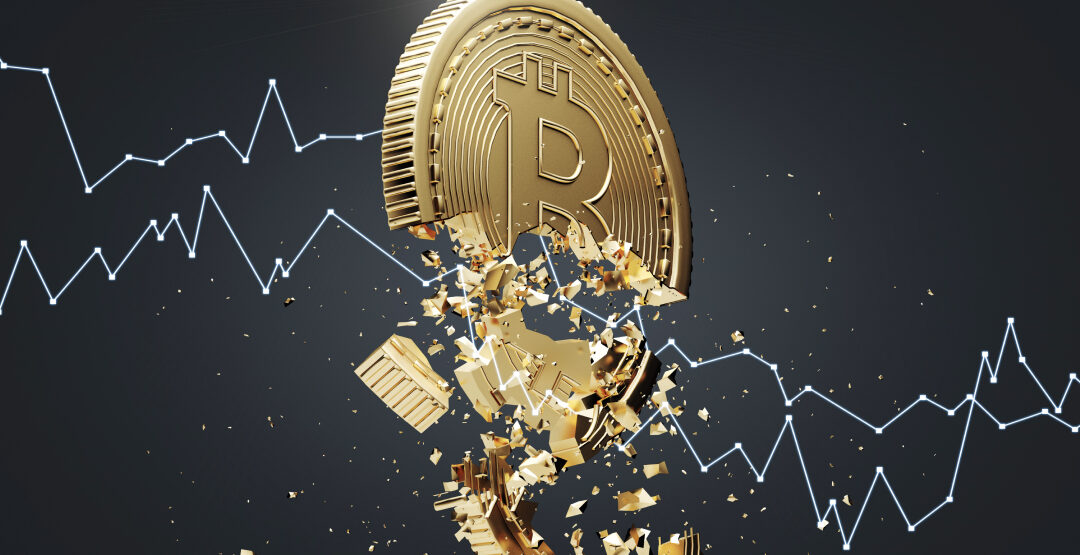
by Nicholas Mitsakos | Currency, Digital Assets, Financial Technology, Investments, irrationality, Transformative businesses, Writing and Podcasts
Cryptocurrency staying power has certainly been challenged these last few weeks. There is been a general market drop (even correction), but crypto has been collapsing in value and, to many, is in a death spiral. Of course, reality is more nuanced, and with more detailed analysis, a broad brush hardly seems appropriate. Certainly, the weakest and, honestly, craziest portions of the crypto world have been exposed to be nothing more than silliness. But some components remain resilient. The market is quite effective at sorting the specifics of an otherwise overgeneralized sector. There is no such thing as “crypto.” There are stable and valuable digital assets, globally exchangeable and disruptive. Others have nothing but fluff. Of course, government should insist on more reliable information, and institutions should guard more effectively against fraud. But, there is wheat among the chaff, and it continues to have the potential to be disruptive, create substantial value, and enhance global prosperity.

by Nicholas Mitsakos | Algorithmic Trading, Financial Technology, Investments, Writing and Podcasts
Arcadia Capital Group, a proprietary algorithmic investment fund, is proud to announce that our world-class software development team has launched Arcadia’s new proprietary trading platform. This platform focuses its strategies on public securities, including equities, derivatives, futures, and crypto. The team’s scientific and technological background, investment, and entrepreneurial experience enable it to develop our disciplined, algorithmic, and proprietary approaches that both manage risk in increasingly and more intense volatile markets, and profit disproportionately from this volatility.

by Nicholas Mitsakos | Artificial Intelligence, Biotechnology, Book Chapter, Digital Assets, irrationality, Transformative businesses, Writing and Podcasts
Transformation, or euphemistically, “disruption,” creates great opportunities to capture newly created wealth. But, as industries are transforming and strategic disruption is occurring, quite a lot of absurdity and certainly enough terror are associated with some of these extraordinary opportunities to require much greater analysis and understanding.
There are extraordinary risks associated with anything disruptive and transformational. The first disruptor isn’t always the one who creates the most value or is even a sustainable competitive entity.
Innovation does not mean competitive sustainability. Digital platforms, ranging from the internet to digital assets and cryptocurrency are transforming industries globally. But, along with that comes a lot of hyperbole and typically that is followed by very little substance. Great companies use technological disruption, innovation, and transformation to establish themselves and thrive. But they rarely last. Every company, even the most valuable companies such as Apple, Apple, Amazon, Facebook, Netflix, etc. must dynamically transform to stay competitive and valuable.
Transformations are certain. New entities will become very valuable, legacy companies will diminish, and a handful will transform and thrive.
Transformation and sustainability create and capture great wealth, but are far more challenging to identify, and even more challenging to sustain.
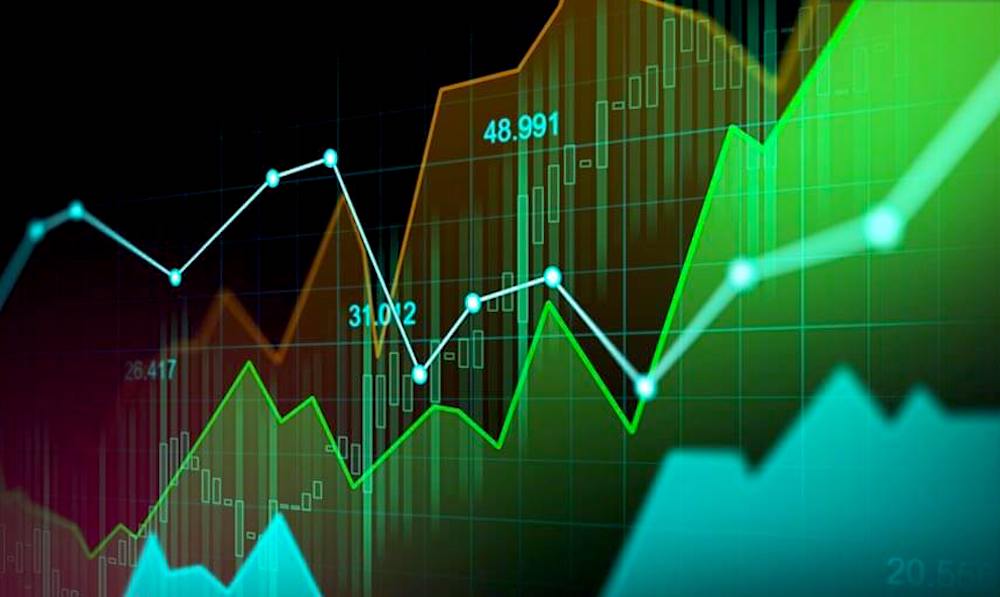
by Nicholas Mitsakos | Book Chapter, Investment Principles, Investments, irrationality, The Market, Writing and Podcasts
The world may appear to be a rational, deductive place if you are a scientist. But not if you are an investor attempting to understand how markets work. Financial markets are human creations, and humans are irrational. Economics, a truly dismal social science, is an attempt to look backward and create explanatory algorithms about what happened and why. They may have some success with this. But as predictive models, they are mostly useless. More often, they destroy value versus conveying any understanding about economic and business functions, and therefore, give not only useless but awful and typically value-destroying predictions. Participating in the markets requires a broader, more methodical and disciplined approach. Since irrationality pervades most activity, markets move dramatically with uncertainty, and investors react with dramatic moves based on even more uncertainty and lack a reasonable level of understanding and longer-term perspective about what is going on. The world now is more dynamic, volatile, uncertain, and unpredictable. Irrationality drives most market decisions and rising above the noise to be more thoughtful, think deeply and slowly to understand what’s going on, and identify the handful of factors (typically very few) that make all the difference to investment success is the true challenge we face today. That challenge takes work and thoughtful strategies in our irrational world. That world will remain fundamentally irrational from now on, and thoughtful strategies are the only way to succeed in this irrational environment.

by Nicholas Mitsakos | Writing and Podcasts
The show analyzes emerging economic and social developments, identifying the most critical issues impacting investment success. It looks at globally disruptive changes and strategies to profit from these new market forces. Innovation, advanced technologies, geopolitics, and new interrelated factors are essential components of future investment success.
Investment success combines predicting the future, the confidence to make bold choices, and the fortitude to stay with those choices. Today’s volatile and uncertain world requires new knowledge and perspective and assembling relevant facts from many diverse sources to make better decisions and achieve superior returns.
Some of the world’s most important industries are being profoundly impacted by new technological innovations and platforms, such as artificial intelligence, digital assets, blockchain-based businesses, gene editing, and DNA sequencing, enabling unprecedented disruption to business and economic models. Stable predictability is increasingly anachronistic. Every company or industry will either be a disrupter or disrupted. The leading growth companies of today stand an excellent chance to be memories tomorrow.

by Nicholas Mitsakos | Book Chapter, Currency, Digital Assets, Investments, Technology, Writing and Podcasts
Super lofty ideas get attention and publicity, but they are not real. Narrow, specific applications are where true foundational value is created. The financial revolution will certainly not be based on a process where someone buys coins or tokens and simply waits for them to increase in value. On top of that, despite the belief that there will be frictionless peer-to-peer transactions, purchasing any cryptocurrency requires a crypto exchange like Coinbase or FTX that charge high trading fees and have questionable security. Blockchain is an evolution for businesses, it is not a disruption or a new infrastructure. It will improve user experiences, regulatory clarity, and interoperability. Crypto proved that digital transfers and settlements were possible, it is the blockchain platform that enables this efficiently and securely. It may be boring and we’re not going to have any stadiums or arenas named after a technology platform, but real change will be driven by a blockchain. The rest is a noisy sideshow.
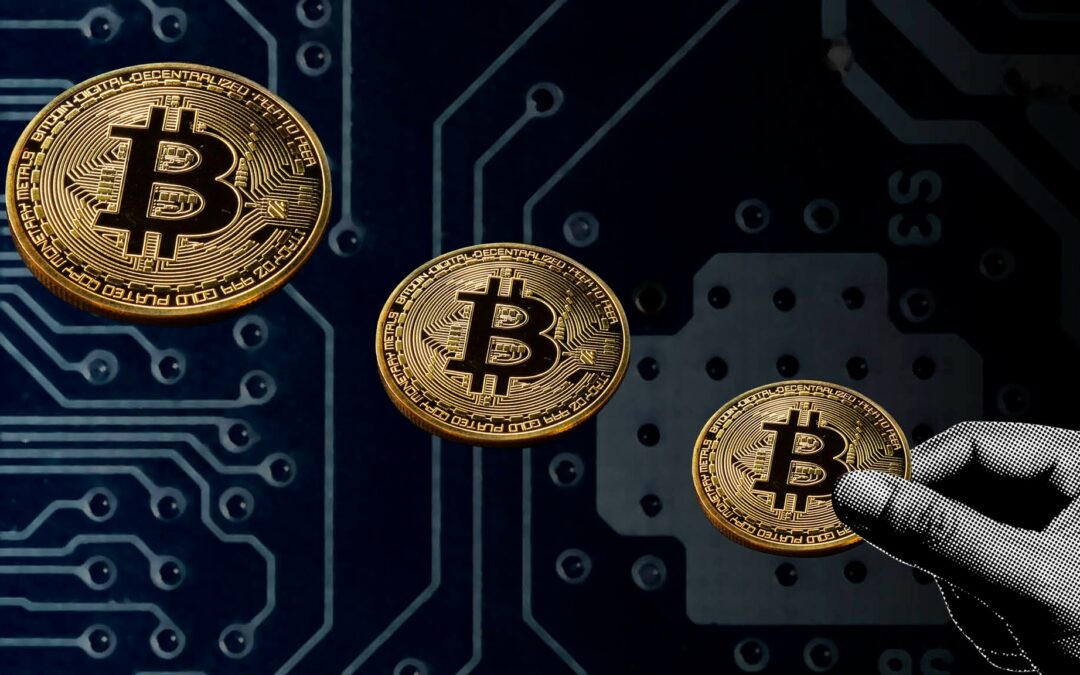
by Nicholas Mitsakos | Currency, Digital Assets, Writing and Podcasts
Cryptocurrency refers to many types of digital assets, including blockchain-based businesses, NFTs, and decentralized finance. Long-term value is challenging to determine, but extreme and frequent volatility isn’t. Disciplined algorithmic trading appears to be the most attractive and least risky investment approach.











